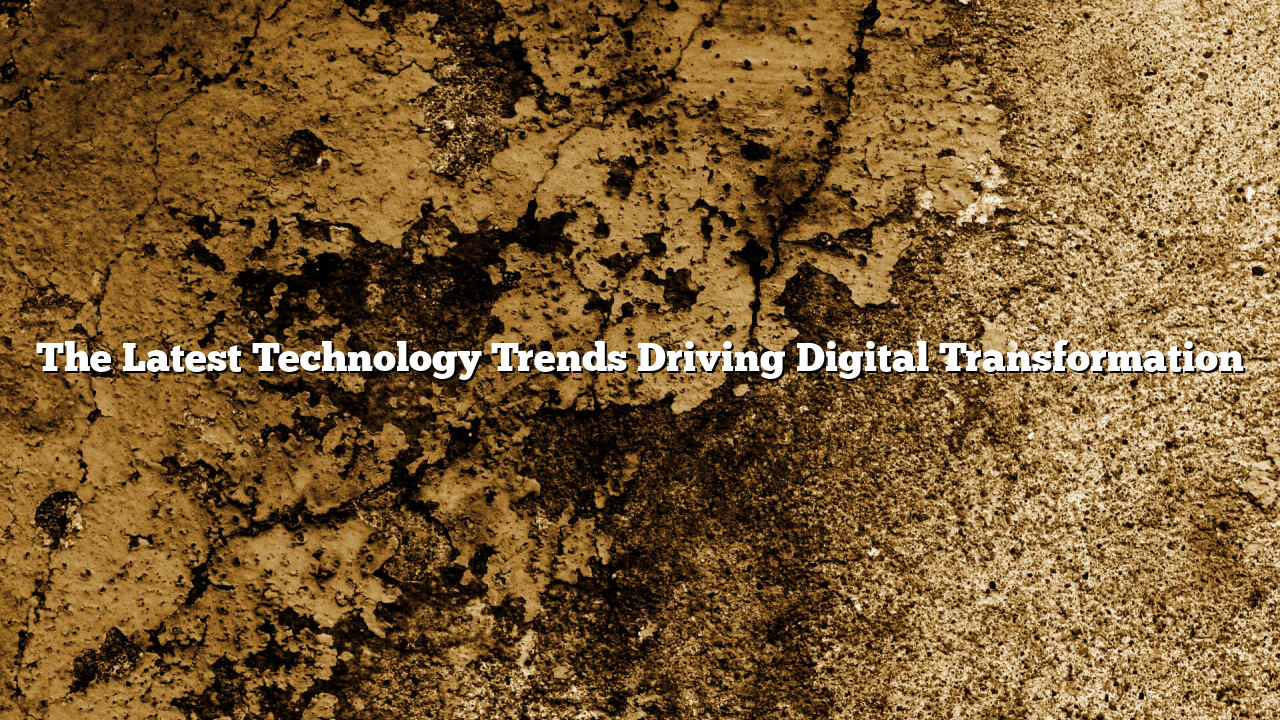In today’s rapidly evolving world, technology continues to reshape industries, economies, and societies. Over the past decade, digital transformation has accelerated significantly, driven by innovations that push the boundaries of what is possible. From artificial intelligence to quantum computing, the latest technology Tempur99 trends are setting the stage for a more connected, intelligent, and sustainable future.
One of the most influential trends is artificial intelligence (AI). Once confined to research labs, AI is now integrated into everyday life, from virtual assistants to automated customer service systems. In business, AI helps analyze vast amounts of data, streamline decision-making, and personalize customer experiences. Generative AI, in particular, has drawn global attention for its ability to create text, images, and even music. This evolution has raised questions about ethics, regulation, and the balance between automation and human creativity.
Another major development is the growth of the Internet of Things (IoT). Smart devices—from wearable health trackers to connected home appliances—are creating an ecosystem where data flows seamlessly across platforms. In industries, IoT improves efficiency through predictive maintenance, supply chain optimization, and real-time monitoring. However, this interconnectedness also highlights concerns about cybersecurity, as billions of devices create more entry points for potential threats.
The deployment of 5G technology is accelerating the adoption of new applications that require high-speed connectivity. With its low latency and faster data transfer rates, 5G enables advanced use cases such as autonomous vehicles, augmented reality (AR), and virtual reality (VR). For cities, 5G is a key enabler of smart infrastructure, from traffic management systems to energy-efficient grids. Its full potential, however, depends on global infrastructure expansion and affordability.
In parallel, blockchain and Web3 technologies are reshaping digital trust and financial systems. Beyond cryptocurrencies, blockchain is being applied to supply chain transparency, secure voting systems, and intellectual property management. The decentralized nature of Web3 promises greater user control over data and digital assets. Despite regulatory challenges, these technologies hold the potential to transform governance, finance, and digital identity in the coming years.
Sustainability is another driving force behind modern innovation. Green technology is gaining traction as industries face pressure to reduce their carbon footprint. Advances in renewable energy, battery efficiency, and eco-friendly manufacturing are critical to addressing climate change. Companies are increasingly adopting technologies that balance growth with environmental responsibility, paving the way for a more sustainable digital economy.
Looking further ahead, quantum computing stands as one of the most disruptive emerging technologies. Though still in its early stages, quantum computing promises to solve complex problems beyond the reach of classical computers. Fields such as drug discovery, cryptography, and materials science could be revolutionized once the technology matures. Tech giants and startups alike are investing heavily in this domain, anticipating breakthroughs that could redefine computation.
While these trends offer immense opportunities, they also present significant challenges. Issues such as data privacy, digital inequality, and ethical use of technology remain unresolved. Bridging the gap between innovation and regulation will be essential to ensure that digital transformation benefits society as a whole.
In conclusion, the latest technology trends reflect humanity’s pursuit of smarter, faster, and greener solutions. As AI, IoT, 5G, blockchain, and quantum computing advance, they will continue to transform the way we live and work. The future of technology lies not just in innovation itself, but in how responsibly and inclusively we choose to harness its power.
